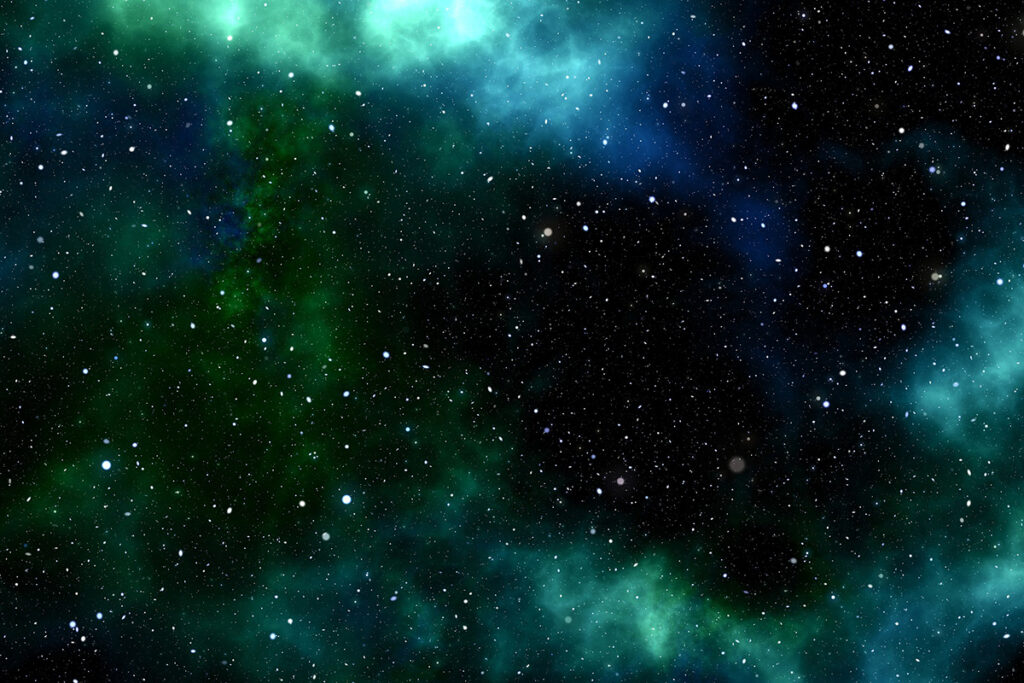Tonight, stargazers and astronomy enthusiasts are poised for a rare celestial event. An asteroid, known as Leona, will pass directly in front of Betelgeuse, one of the brightest stars in the night sky. This rare occurrence, an occultation, is not only a visual treat but also a significant event for scientific observation.
The Stage is Set: Visibility Across the Globe
The event will be visible across a swath of the globe, encompassing Mexico, southern Florida, Spain, Italy, Greece, Turkey, and Central Asia. The peak moment is expected around 8:17 p.m. Eastern Time. For those who are not within the visibility zone or have their view obstructed by inclement weather, the Virtual Telescope Project offers a solution. They will be broadcasting the event live from Italy, starting at 8 p.m. ET, allowing a global audience to witness this astronomical phenomenon.
Betelgeuse and Leona: A Dance of Light and Shadow
Betelgeuse, a red supergiant star approximately 700 light-years away, is a prominent feature in the Orion constellation, known for its intense luminosity. This makes the event particularly special, as occultations involving such bright stars are uncommon. The asteroid Leona, a slightly oval-shaped rock located between the orbits of Mars and Jupiter, will be the star of the show. Measuring about 50 miles by 34 miles, Leona’s transit in front of Betelgeuse may result in the star completely disappearing from our view for a few seconds, akin to a total solar eclipse. Alternatively, it could create a visible “ring of fire” effect, similar to an annular solar eclipse.
Scientific Significance: Beyond the Beauty
This event is more than just a stunning display. It presents astronomers with a unique opportunity to gather data on both Leona and Betelgeuse. This is particularly important for Betelgeuse, which underwent an unusual dimming episode in 2019 and 2020, leading to speculations about its future. Observing this occultation could yield more accurate measurements of Leona’s size and provide insights into the current state of Betelgeuse, potentially a candidate for a future supernova.
The occultation acts as a preview of a future sky, where Betelgeuse, following a supernova explosion, will no longer be part of the Orion constellation. This event allows us to imagine a night sky where the familiar orange shoulder of Orion is conspicuously absent, a reminder of the ever-changing universe.
A Night Under the Stars
Whether viewed through a telescope, binoculars, or the naked eye, tonight’s event promises to be a memorable experience. It’s a unique convergence of celestial mechanics, scientific opportunity, and sheer cosmic beauty, reminding us of the wonders of the universe and our place within it.
As we gaze up at the stars tonight, we’re not just witnessing an astronomical event; we’re partaking in a moment of cosmic history.


